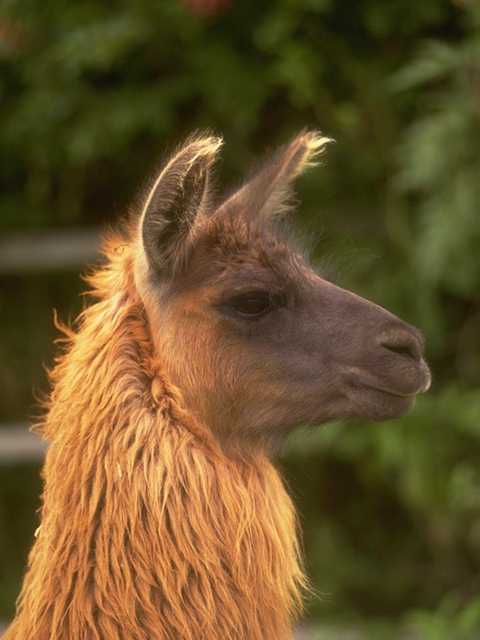I was at the Gutenberg Cafe in downtown Richmond today--nice, cosmopolitan little dig--and my mother pointed out this article in Le Monde about Bolivia. (No, I don't read Le Monde but am proud that someone in my family does.)
I haven't been following my South America news closely enough, 'cause major trouble is brewing in Bolivia. The provinces of Beni, Pando, Santa Cruz, and Tarija are all calling for increased autonomy from La Paz and the Evo Morales government; some people are calling for outright independence. There have been major protests, with dozens of people injured, and, to boot, Hugo Chavez in Venezuela has announced that his country will not "stand idle" at any action aimed at destabilizing the Bolivian government. In other words, that he'll send in troops.
Reuters has the best-English language coverage that I've found on the subject, but it is still lacking. This most recent article, for example, misleads as to the crux of the conflict. With the headline "Eastern Bolivians Vow To Intensify Autonomy Movement," you'd think that this was a regional conflict, an east-versus-west kinda thing. That whole idea breaks down when you look at a map of Bolivia and notice that two of the provinces calling for independence--Pando and Beni--are about as "Eastern" as Vermont is Deep South: they're not.
[This wasn't a journalistic blunder, though; the label "Easterners" comes from the fact Bolivians still refer to the Pando and Beni provinces--as north and west as they may be--as making up the "Oriente"--the "Orient" or "East."]
Rather, the conflict in Bolivia is race- and class-based. Bolivian President Evo Morales, while originally from a low-lying jungle area in central Bolivia (the Chapare), draws most of his support from collas--the name given to the predonominantly indigenous people from the highlands. Beni, Pando, Santa Cruz, and Tarija are home to the cambas--a population that is more European in ancestry and caucasian and mestizo in appearance.
The cambas, whose regions contain 96% of the Bolivia's massive natural gas reserves, are feeling increasingly distant and alienated from the Morales government. As the Reuters piece notes (but way too far down), "[m]any people in Santa Cruz feel they have little in common with the poor, mountainous west of the country, where Morales has his support base."
What now? Wait and see. But I know for a fact that folks in Bolivia are getting very nervous. It will be interesting to see if the U.S. will do or say anything if Chavez keeps up the rhetoric; something tells me it is AAI (All About Iraq) in the Oval for now.
Update: The New York Times just did a great piece on the Bolivia crisis. I agree with the article's diagnosis of the role of race--and natural gas--in the conflict.
Saturday, December 23, 2006
Subscribe to:
Post Comments (Atom)

No comments:
Post a Comment